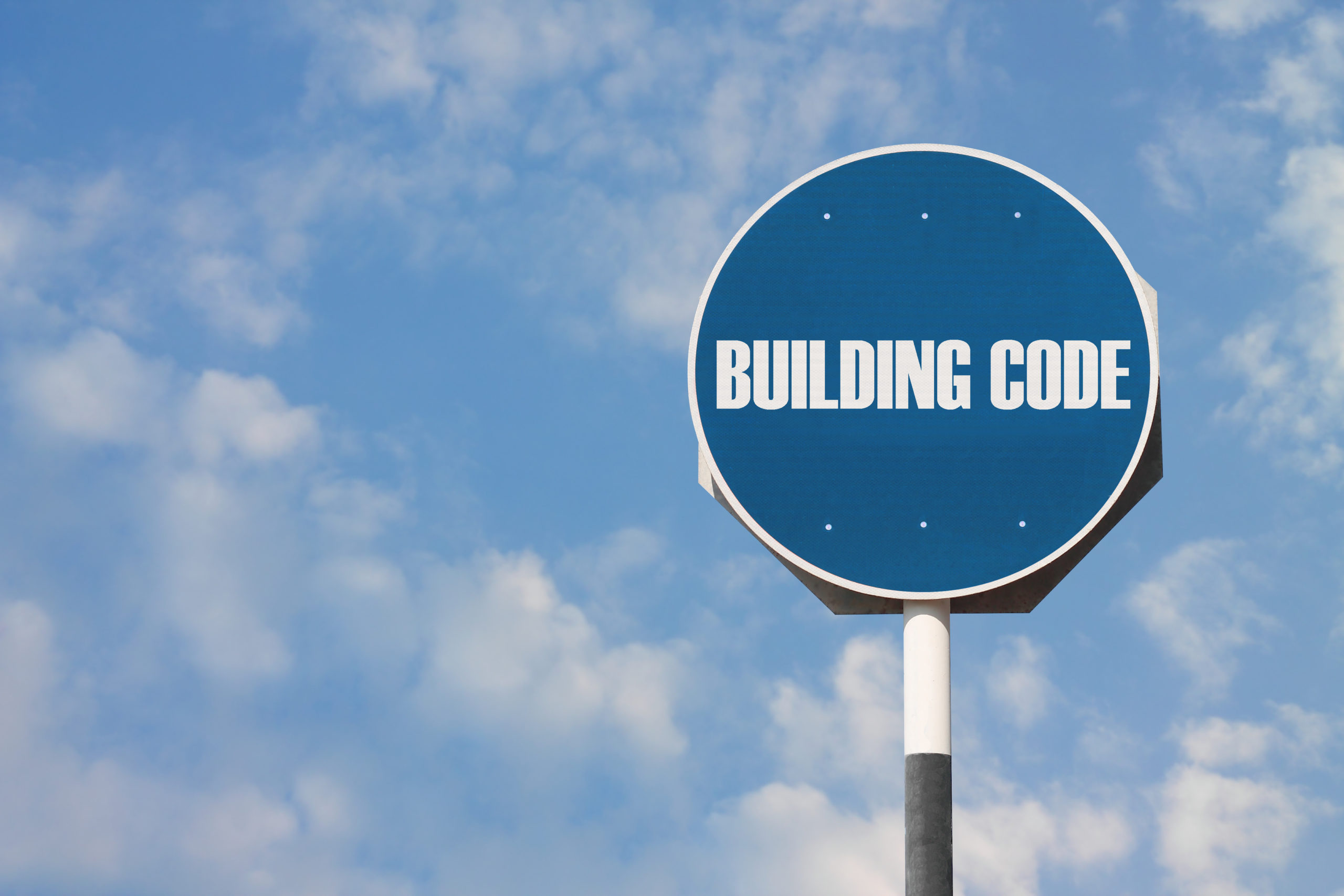What is the Notice to Produce Documents?
A notice to produce documents is a written notice from one party in a civil lawsuit requesting that the other party produce certain documents at trial. These may include financial records, emails, images, data, or a variety of other document types that are in the other party’s possession.
The notice to produce is an important part of the discovery phase of a lawsuit. During this pre-trial discovery phase, each attorney will try to obtain as much evidence as possible using depositions, different kinds of requests for information, and other means.
The notice to produce documents can be used for a number of different types of evidence. For example, say you were involved in a car accident because your vehicle’s brakes failed on the highway, causing you to crash into the median. Your attorney thinks you could have success filing a product liability claim against the automaker for defective brakes. In order to gather evidence for the case, your attorney will likely file a notice to produce documents like design specifications, any internal emails regarding the brakes, diagrams, charts, crash data for the specific model or brake type, and any other relevant documents.
The party asked to produce documents may respond to the notice by sending the documents/items to the address provided on the notice so that they are received at least two full days before the date required or by bringing the documents/items to the court date or mediation session involved. The responding party can also respond by explaining why the documents cannot be produced; reasons for not producing the documents could be that the documents have been destroyed, do not exist, or they would be unduly burdensome to produce. If the other party responds in this way, the requestor can choose to file a Motion to Compel Discovery in order to obtain the documents anyway.
The formal definition of the notice to produce documents can be found in Rule 4:18 of the New Jersey Rules Governing Civil Practice: “Any party may serve on any other party a request (1) to produce and permit the party making the request, or someone acting on behalf of that party, to inspect, copy, test, or sample any designated documents (including writings, drawings, graphs, charts, photographs, sound recordings, images, electronically stored information, and any other data or data compilations stored in any medium from which information can be obtained and translated, if necessary, by the respondent into reasonably usable form), or to inspect, copy, test, or sample any designated tangible things that constitute or contain matters within the scope of R. 4:10-2 and that are in the possession, custody or control of the party on whom the request is served; or (2) to permit entry upon designated land or other property in the possession or control of the party on whom the request is served for the purpose of inspection and measuring, surveying, photographing, testing, or sampling the property or any designated object or operation thereon, within the scope of R. 4:10-2.”

















